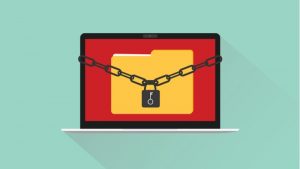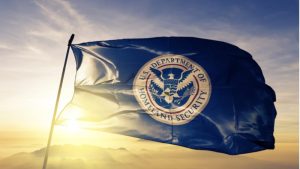The National Science Foundation’s $140 million of fresh funding announced today for seven new National Artificial Intelligence Research Institutes will put top scientific and research focus on a diverse set of uses for artificial intelligence (AI) technology ranging from education, climate science, and cybersecurity.
The city of Dallas said on May 3 that it’s in the process of dealing with a successful ransomware attack launched by the Royal hacking group.
The Connecticut Department of Motor Vehicles (DMV) has reached an important milestone in its modernization effort – the completion of more than one million online transactions. In 2020 the DMV began its modernization journey with the goal of providing more convenience to its customers.
The University of Hawaiʻi (UH) will use part of a six-year $17 million grant from Canada’s New Frontiers in Research Fund to improve AI through Indigenous knowledge.
Rep. Yvette Clarke, D-N.Y., reintroduced a bill last week that requires the Department of Homeland Security’s (DHS) Science and Technology (S&T) arm to have a more direct hand in the research and development (R&D) of activities concerning climate change. The Department of Homeland Security Climate Change Research Act will ensure that the DHS is prepared to confront […]
In a boon for higher education leaders, a new dashboard will visualize historical enrollment and population trends, forecast future trends, and provide insights into student migration flow and online-only education.
As part of its work to close the Homework Gap, the Federal Communications Commission (FCC) has allocated nearly $21 million in funding for the Emergency Connectivity Program (ECP).
Washington Gov. Jay Inslee signed into law last week legislation aimed at protecting the personal health data of all Washingtonians, making the state the first in the nation to codify into law broad protections for consumer health data.
In honor of Second Chance Month, Chicago Mayor Lori Lightfoot announced the launch of Chicago’s Re-Entry Resource Website. The website will serve as an information hub for all city-provided re-entry resources.
Customer service and the user experience includes internal clients. From managing requests to improving information flow, departments outside of the technology organization struggle with keeping track of an increasing avalanche of email inquiries, work orders, status reports, and data updates.














